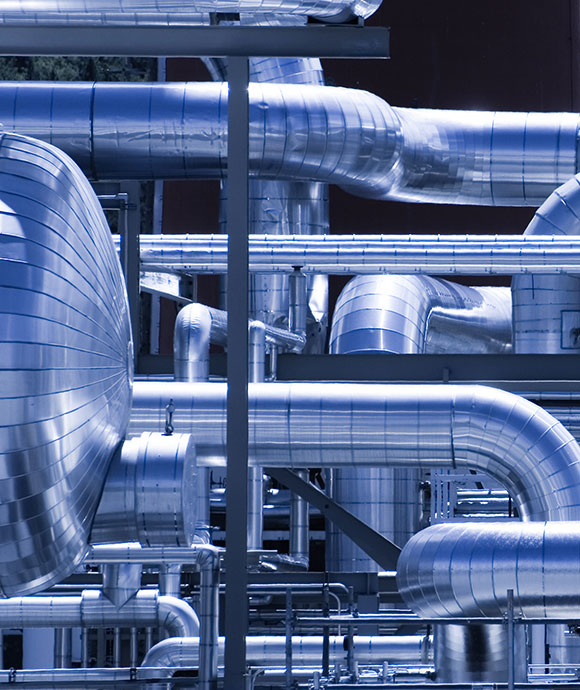ZSM additives
In general, most FCC operators have several options to increase olefin production:
- A non-selective route through increasing the riser severity
- Reformulation of the fresh catalyst to favour propylene production
- Selecting the appropriate olefins/ octane-enhancing additive
The non-selective route can be implemented quickly, which is advantageous. However, this approach relies on thermal cracking, leading to increased dry gas production, a by-product with low value. Meanwhile, a fresh catalyst reformulation takes time to design, implement, evaluate, and fine-tune, preventing refiners from responding swiftly to changing market conditions, leading to missed opportunities.
The optimal solution is separate additive additions, enabling units to quickly maximise FCC margins when faced with varying operating constraints.

Optimise FCC performance with Johnson Matthey’s ZSM additives
Johnson Matthey has the widest portfolio of FCC olefins additives:
-
The SUPER ZTM family delivers a cost-effective route to increase propylene and butylenes production.
-
ZMXTM B-HP is designed for FCC units requiring increased butylenes production.
-
PROPYLMAXTM is a unique additive that enables operators to boost LPG olefins when FCC gasoline olefinicity is low.
-
ISOCATTM HP is a unique additive that allows operators to increase FCC gasoline octane with minimum LPG production.
SUPER Z additives
The SUPER Z family comprises several additives. SUPER Z is Johnson Matthey’s most popular olefins enhancement additive. It is typically used in FCC operations to boost LPG production and increase FCC gasoline octane, particularly for users aiming to optimise transport fuels production.
In instances where a higher activity is preferred, SUPER Z EXCEL is favoured and popular with refiners that are integrated with petrochemicals production. The increased activity also reduces the potential concern for dilution effects that may be present using higher rates of a lower activity additive. These refiners require the flexibility to transition smoothly between fuels and LPG olefins production and separation—high activity ZSM-5 additions provide this capability.
ZMX-B-HP additives
ZMX-B-HP significantly increases the C4:C3 ratio through a proprietary zeolite formulation. Unlike standard ZSM-5, the boost in olefins production comes at the expense of gasoline and light LCO as well, resulting in a slight increase in FCC conversion.
ISOCAT HP additives
ISOCAT HP increases the gasoline octane without increasing LPG production. This product is applicable for refiners who require higher gasoline octane but are wet gas compressor or gas plant limited or do not desire higher LPG yields.
A proprietary zeolite with a higher Silica to Alumina Ratio (SAR) and a lower acid site density is used to promote isomerization and oligomerization reactions, which boost FCC gasoline octane without producing LPG olefins.
ZSM additives for high performance
All of Johnson Matthey’s additives have an attrition resistance, bulk density, and particle size distribution fully compatible with the circulating catalyst inventory and are available for delivery in a variety of convenient packaging sizes.
Additionally, Johnson Matthey offers state-of-the-art catalyst and additive addition systems that enable accurate additions of catalyst and additive, optimising both performance and cost.

